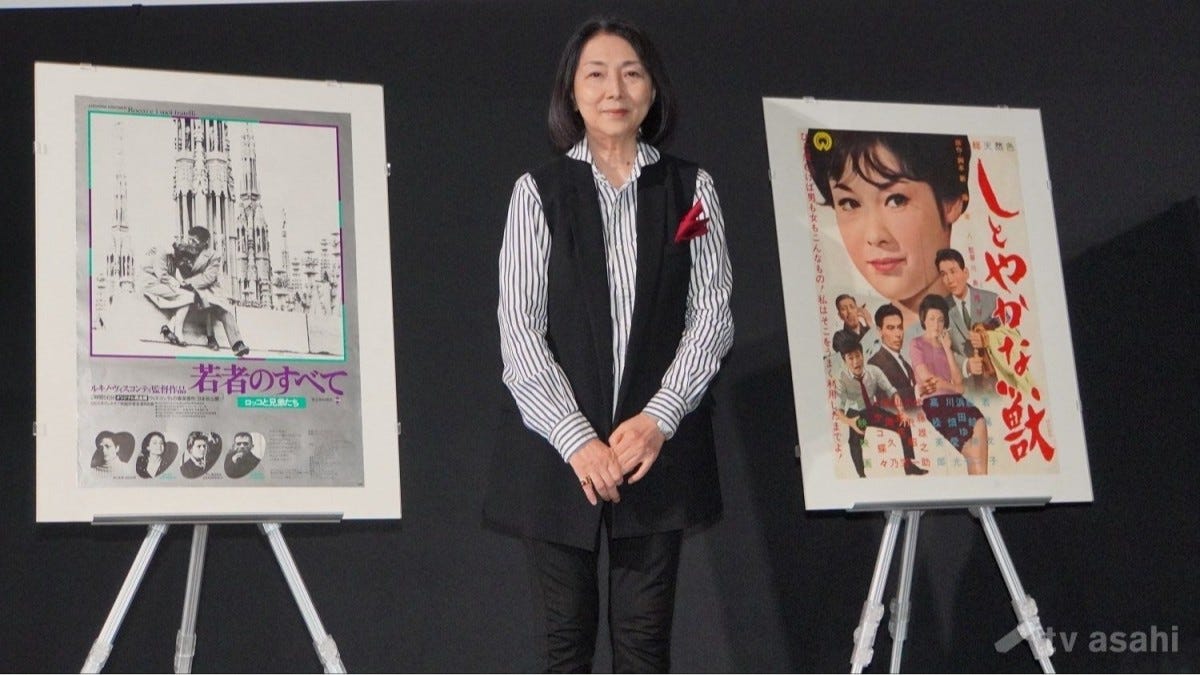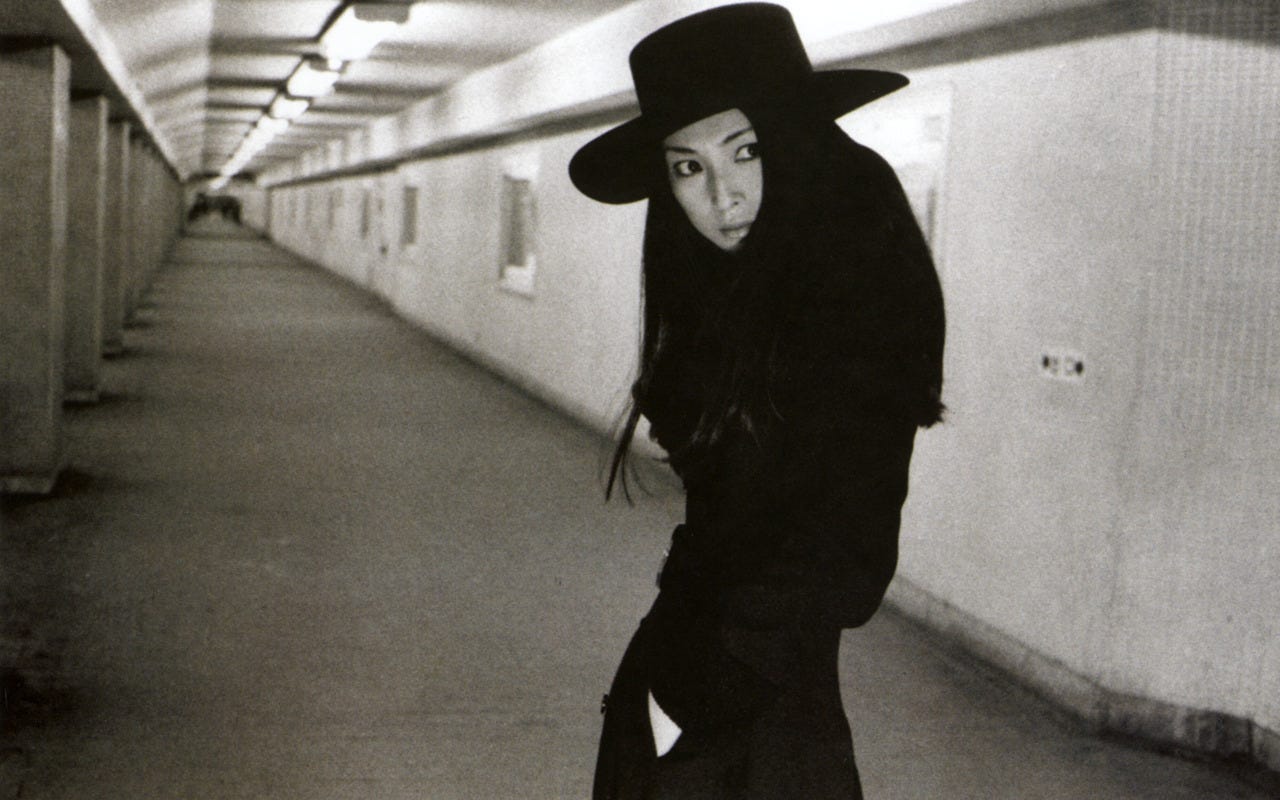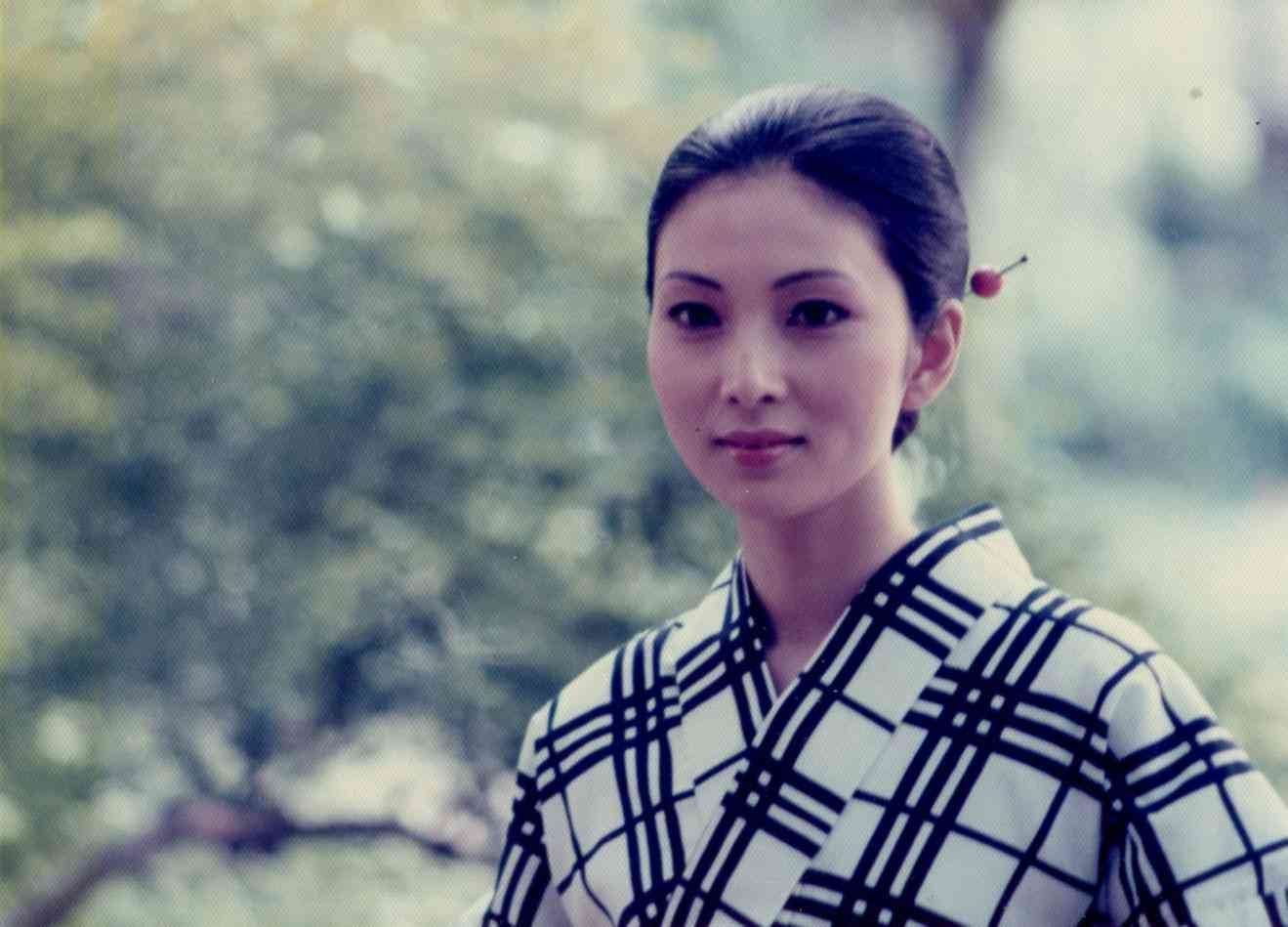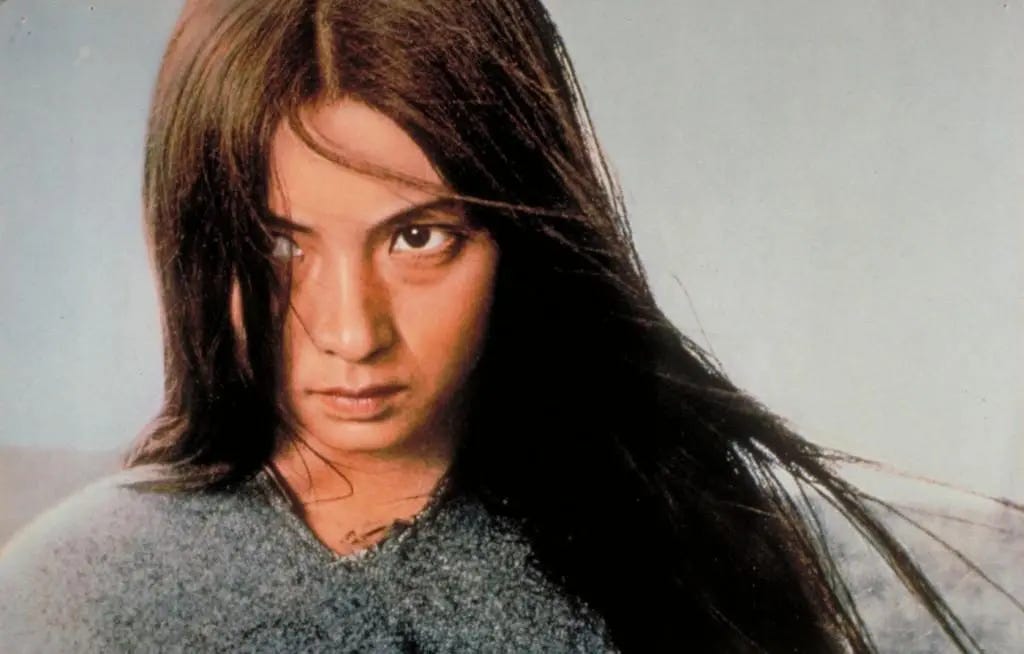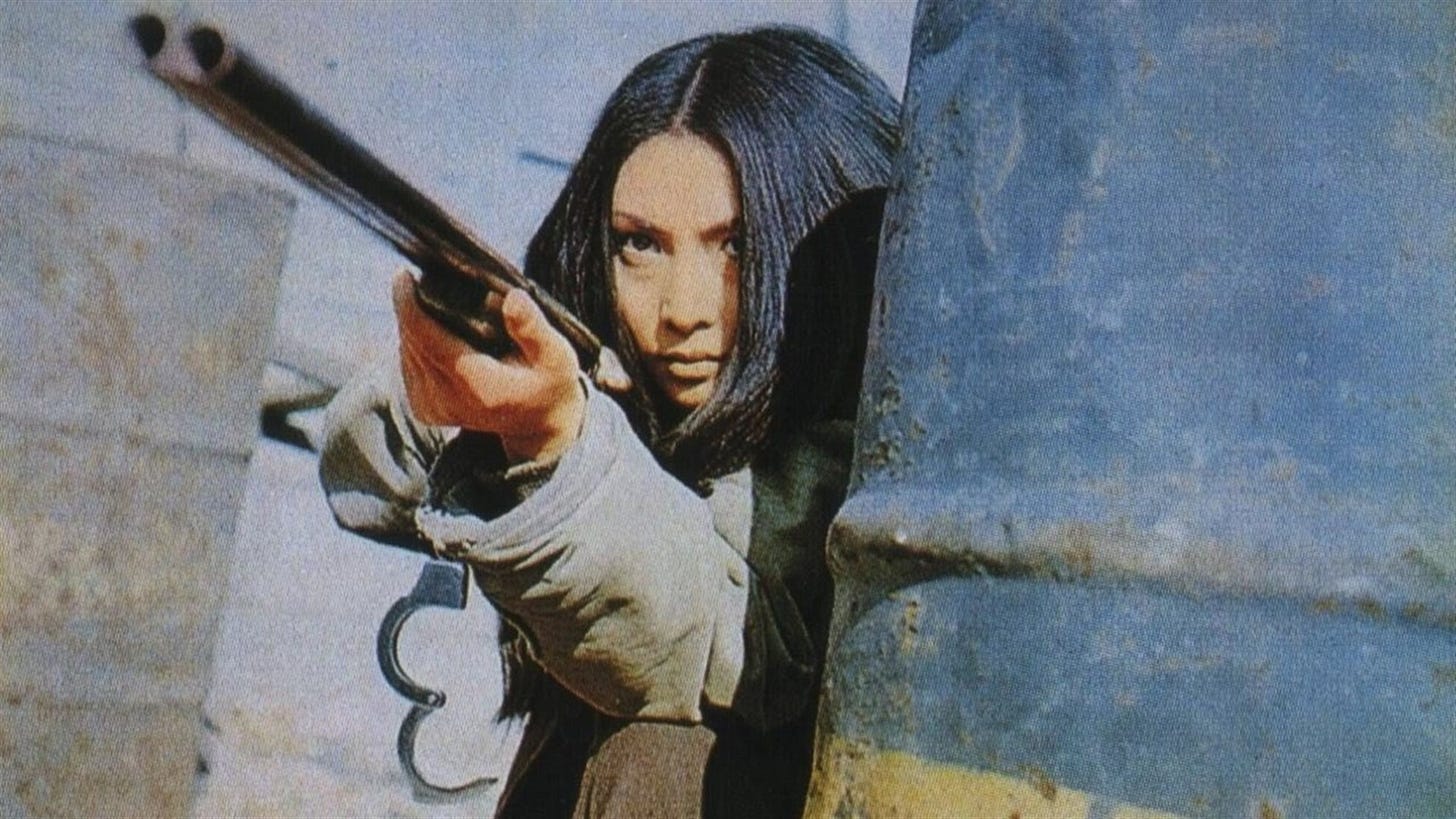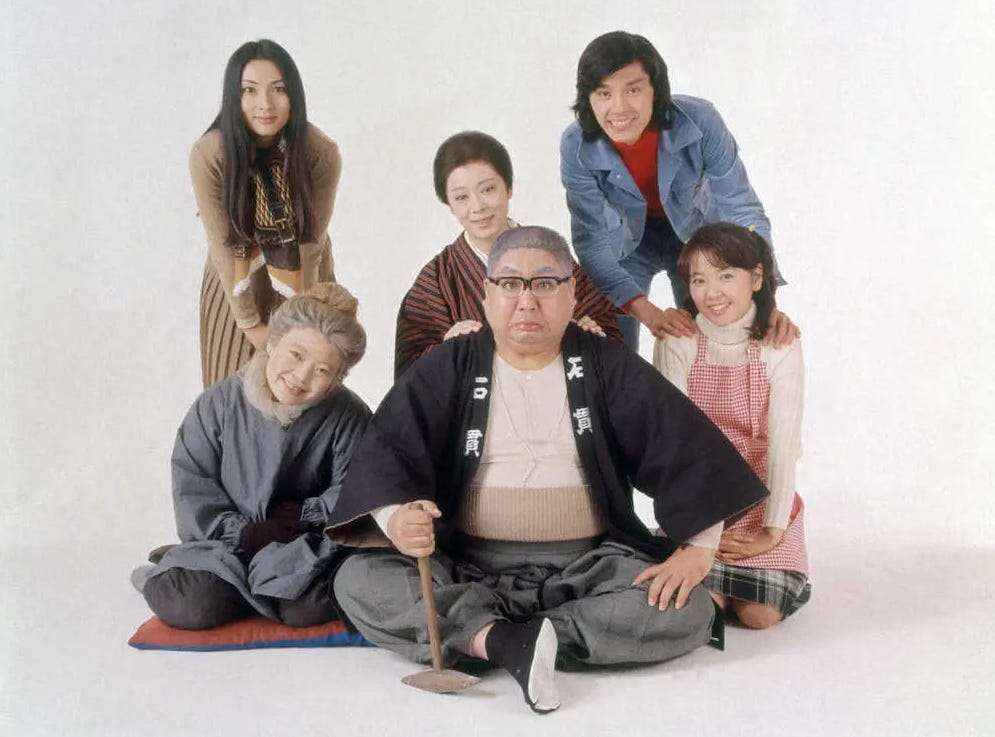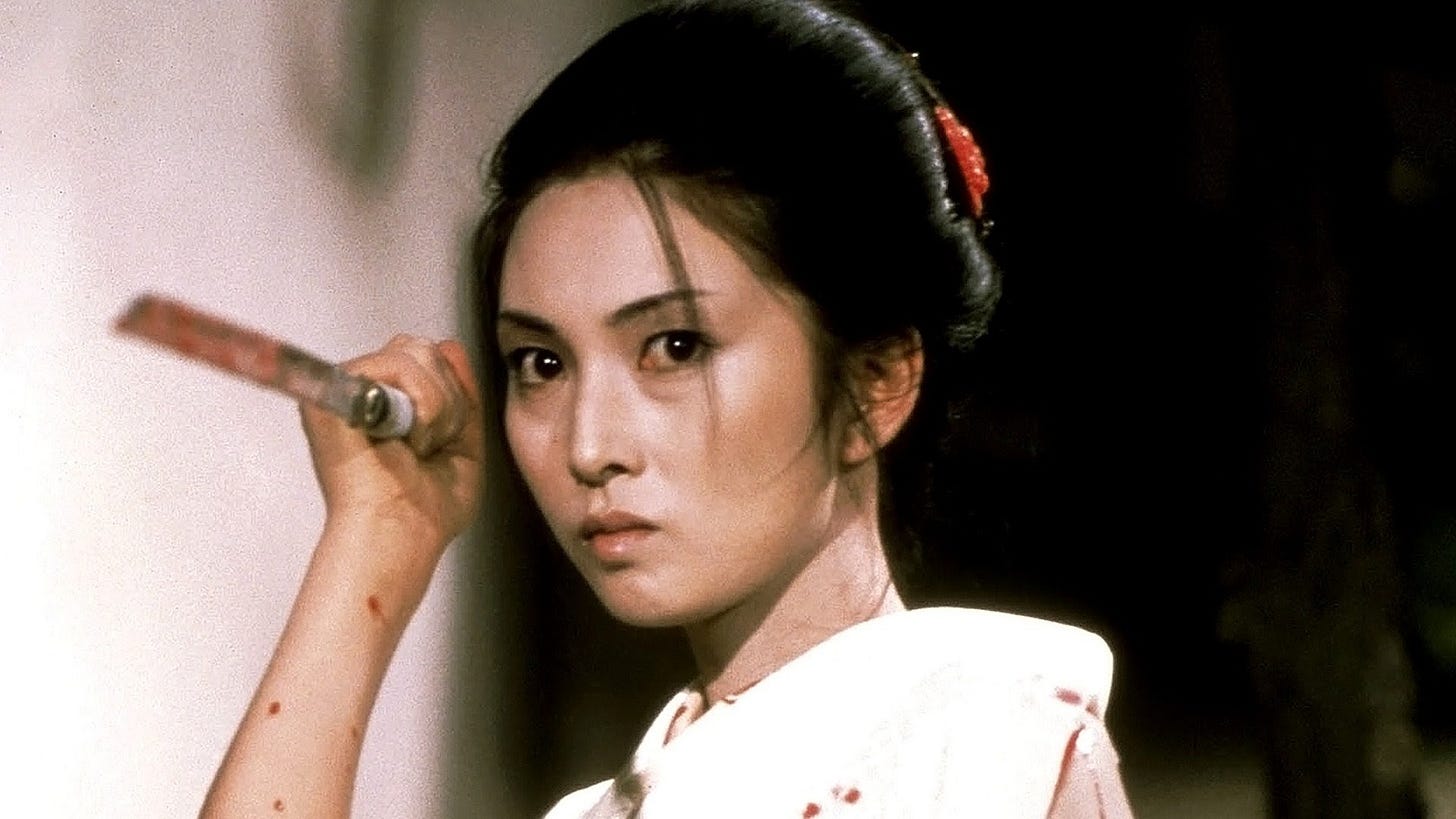Meiko Kaji Reflects on Female Prisoner Scorpion, Killer Roles, and 60 Years in Japanese Cinema
Japanese pop culture news edited by Patrick Macias
Female Prisoner Scorpion star marks six decades in cinema
Actress recalls lonely beginnings and career-defining hardships
Says men were “too scared” to approach her because of her intense roles
A Career Built on Vengeance and Survival
Meiko Kaji (78) marked her 60th year in film with a special talk at the National Film Archive in Tokyo during the 47th Pia Film Festival. Best known around the world for her icy glare and unforgettable presence in the Female Prisoner Scorpion films, Kaji has become a cult icon whose career has bridged the golden age of Japanese studios and today’s era of global rediscovery.
In 1972, the first Female Prisoner #701: Scorpion shocked audiences with its stark portrayal of women in prison and Kaji’s commanding, vengeance-fueled performance. The series cemented her reputation as one of the strongest screen presences in Japanese cinema. Yet she admitted that these lethal roles shaped how people saw her off-screen. “It was nothing but murderers,” Kaji joked. “I don’t even know how many people I’ve killed. And I’m an actress! Men are afraid and never come near me. That’s why I’m still single,” she told the audience, drawing laughs.
A Lonely and Difficult Start
Kaji was scouted as a teenager while working part-time as a model and joined Nikkatsu Studios in 1965. Her debut came with Namida o Shishi de (The Song of Sorrowful Parting), before moving on to Stray Cat Rock and eventually her most famous roles. At first, she had no desire to act or sing. “They told me, ‘Memorize your lines,’ so I did, but I didn’t know how to say them. There were no character explanations in the script. I didn’t even know how to ask. I felt incredible loneliness and anxiety… every day I wanted to quit.”
She recalled crying nightly out of frustration. “When I told them, ‘This is impossible for me,’ the staff only said, ‘As long as you’re here, you’re a professional, so do it.’ What nasty old men, I thought. Every night I cried in the bath, not wanting to go to the studio the next day.”
Leaving Scorpion Behind by Choice
Despite Scorpion’s popularity, Kaji said she walked away to avoid typecasting and try varied roles on television. “I quit on my own,” she explained. “I thought it would be nice to play a variety of roles on TV. In films, only the same successful roles came to me.”
Her choice triggered a fierce reaction that temporarily damaged her career. “I went through a terrible time,” she recalled. “I was bashed and my work dropped into the minus zone. I knew it would be that way.” The admission underscored the risk of stepping off a hit franchise even at the height of its success.
Rebuilding Through Television
Kaji points to a key turning point in 1974 with TBS’s Terauchi Kantarō Ikka, which opened the door to steady TV work and a broader range of performances. “I accepted everything without refusing. Television gave me the chance to really study acting,” she said, describing how the small screen became a training ground for reinvention.
Even now, Kaji’s ground rules remain simple: humility and respect. “I’ve never had conflicts on set. Even with a rookie director, I consider us equals,” she said. “If I feel I can’t do a role, I decline as soon as I read the script. I think that’s the respectful thing to do.”
A Lasting Influence and What Lies Ahead
Kaji’s image and music have resurfaced globally through modern rediscoveries of her defining films, especially Female Prisoner Scorpion and Lady Snowblood. Restored releases and streaming have introduced her to new generations of viewers who recognize the intensity and style she brought to the screen. Reflecting on six decades, she said, “I started from a place of not being able to act at all, always worrying about what I should do. So all I had were effort and patience. That hardship shaped me. Acting is incredibly profound. But there’s no job more wonderful than this.” Looking forward, she added, “I don’t know what kind of role will find me next, but if it has something to say, I will accept it. The answers are always in the script.”



